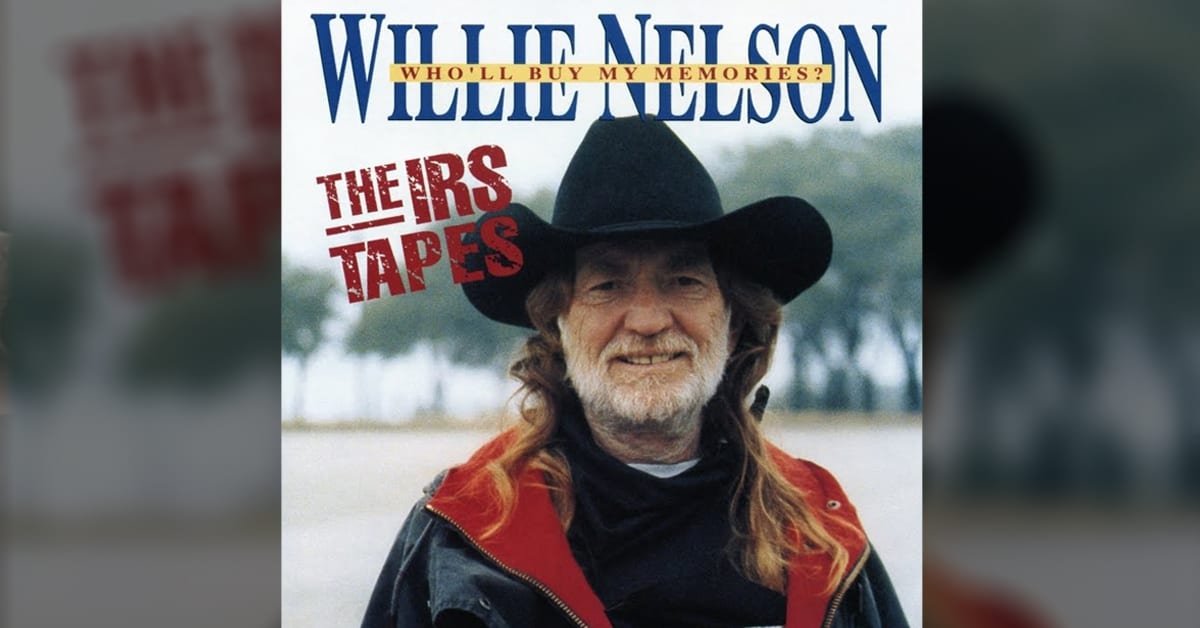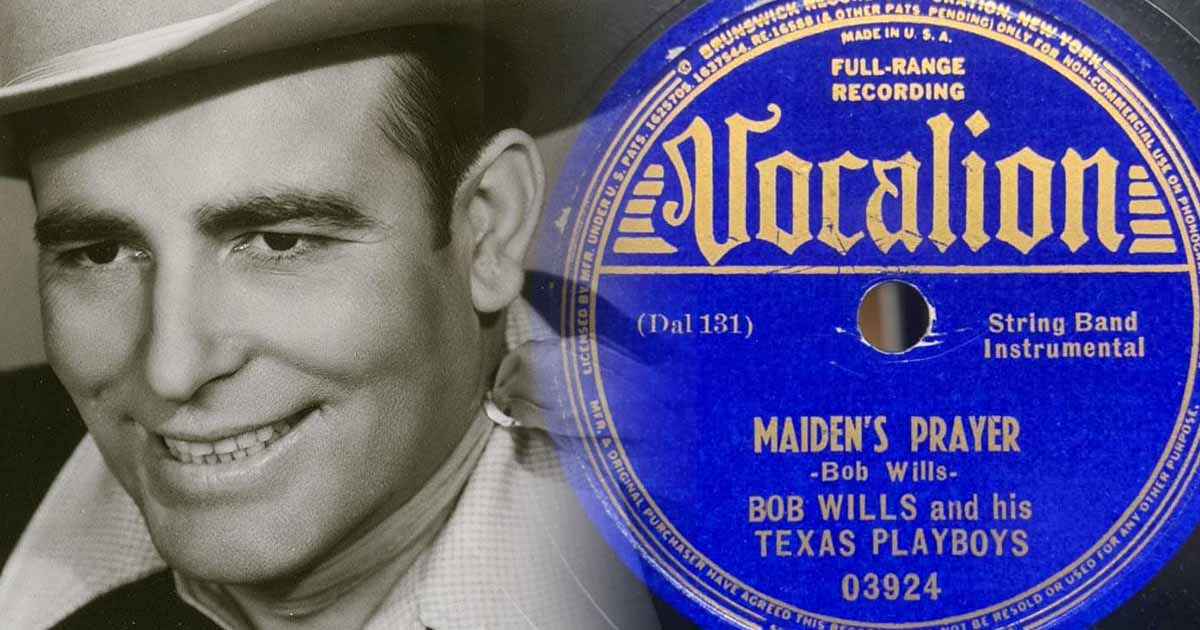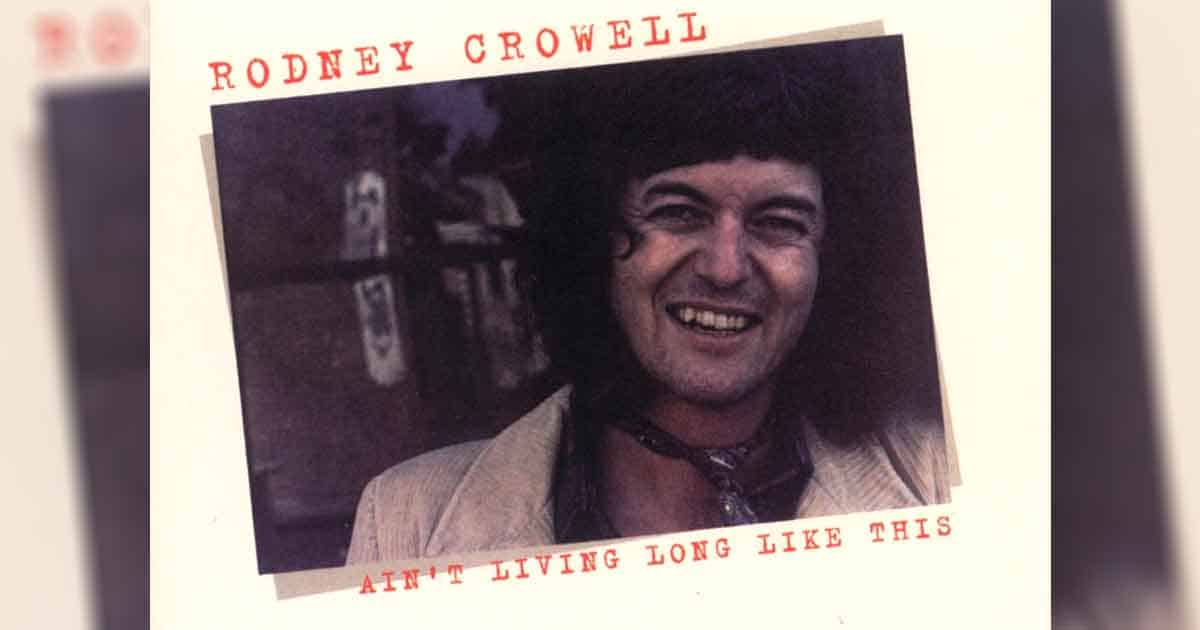Willie Nelson’s tax troubles are almost as legendary as his career. After an extensive investigation, Nelson was hit with a staggering multi-million tax bill. It was one of the biggest individual federal income tax bills ever generated by the IRS during that time.
The debt, which reached about $16.7 million together with interest and penalty, was negotiated to a mere $6 million by Nelson’s lawyer. However, there was just one big problem: Nelson did not have the money to pay off the negotiated debt.
His empire has then crumbled, at least temporarily.
On November 9, 1990, the feds raided Willie Nelson’s home and took almost everything he owned. This includes his Pedernales Country Club and Recording Studio, his forty-four-acre Dripping Springs ranch that he had built when he first moved to Austin, and twenty other properties in four states. Most of his instruments, recordings, memorabilia, touring equipment, and even his clothes were also taken.
“They seized everything he had. They put locks on all the doors, all the buildings, all the houses,” Nelson’s daughter, Lana, remembered the dark day in 1990. Nelson, who was in Hawaii at that time, was left standing alone. He was almost like the young man who had walked off the farm in Abbott, some years earlier.
How did Willie Nelson get into all of this trouble in the first place?
Internal Revenue Service Had Enough
It was in1984 when the IRS started examining Nelson’s returns. A substantial deduction for tax shelter investments has become the most interesting to the IRS as the deduction was disallowed. Willie Nelson was then assessed $6 million in taxes and $10 million in interest and underpayment penalties for six years.
To make things worse, Nelson was hit with another tax bill shortly after that which he appealed, but the Tax Court ruled for the IRS. By 1990, the tax debt had almost doubled as penalties and interest continued to accrue. When Nelson wasn’t making significant payments, the IRS finally had enough. They decided to seize his properties to put it all up for auction.
It Wasn’t All Bad After All
He lost almost everything he owned except for one thing, his favorite guitar named Trigger. “As long as I got my guitar,” Nelson said, “I’ll be fine.” And it turned out he was right.
It wasn’t all bad, after all. His friends and fans came to the rescue, with fundraisers and efforts to purchase back his property, including his home, which was then given to him.
The IRS also had a last-minute change of heart on some items. They allowed posters, gold and platinum records, musical instruments, and other sentimental items to be purchased for about $7,000 by the Willie Nelson and Friends Showcase.
Still, the auctions did not make a dent in Nelson’s bill. So the two parties reached a rather unusual compromise: Willie Nelson would release a two-disc collection of acoustic versions of some of his songs and would share the proceeds with the IRS. The album was called The IRS Tapes: Who’ll Buy My Memories?
It was entirely written by Nelson and recorded with, of course, his trustworthy guitar, Trigger. The material on The IRS Tapes: Who’ll Buy My Memories was released in 1992. It absolutely matched Nelson’s somber mood in light of the situation, with such songs as “Permanently Lonely,” “What Can You Do to Me Now,” and “Remember the Good Times.” It was the first, and probably the only, record album ever released under a strict revenue-sharing agreement with the IRS.
However, the album, which could be purchased by dialing (800) IRS-TAPE and retailed for $19.95, wasn’t a huge success as it could or should have. Nelson wearing a shirt during the TV spot with the wrong phone number printed on it was more likely to blame. But sales eventually picked up as soon as the album hit the stores.
The two parties agreed that the collection had to sell at least four million copies to pay down the debt. Unfortunately, that did not happen. The IRS was only able to collect $3.6 million from the sales of the album. However, during that time, Willie Nelson had settled his lawsuit with his former accounting firm, Price Waterhouse. He sued Price Waterhouse for fraud and demanded $45 million for their role in his financial problems. Along with his other projects in the works, Willie Nelson was able to pay off his debt completely in a few years.
The whole ordeal was not as, well, challenging on the iconic Texan as it could have been. “Mentally it was a breeze,” he said in his 1995 Rolling Stone interview. “They didn’t bother me, they didn’t come out and confiscate anything other than that first day, and they didn’t show up at every gig and demand money. I appreciated that. And we teamed up and put out a record.”
Thirty years later, Willie Nelson is as successful as ever. He’s been making music for over six decades already, and his songs are almost everywhere that even people who don’t like country music can still name a few.
Overall, the Red Headed Stranger has recorded over ninety studio albums, thirteen live albums, fifty-one compilations, and received countless awards and recognitions. And the country legend does not plan on slowing down anytime soon.


















